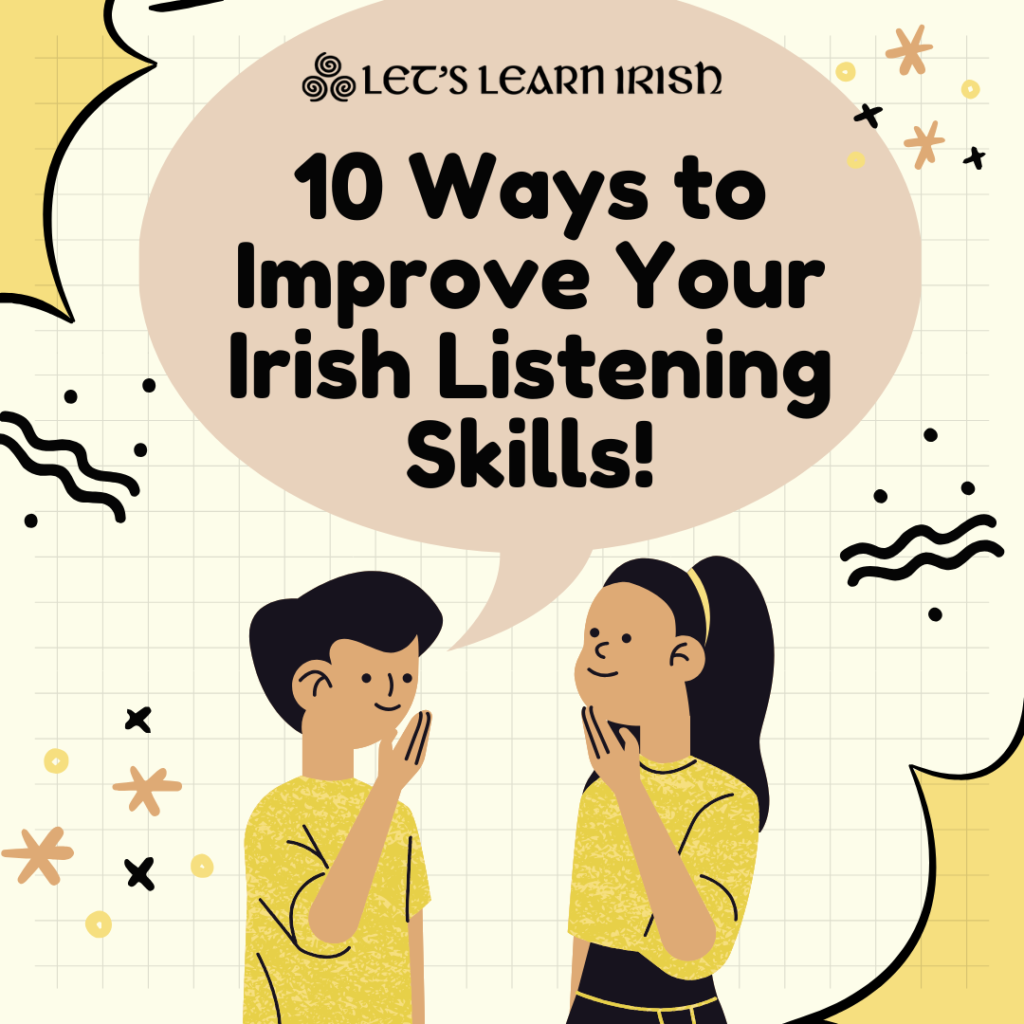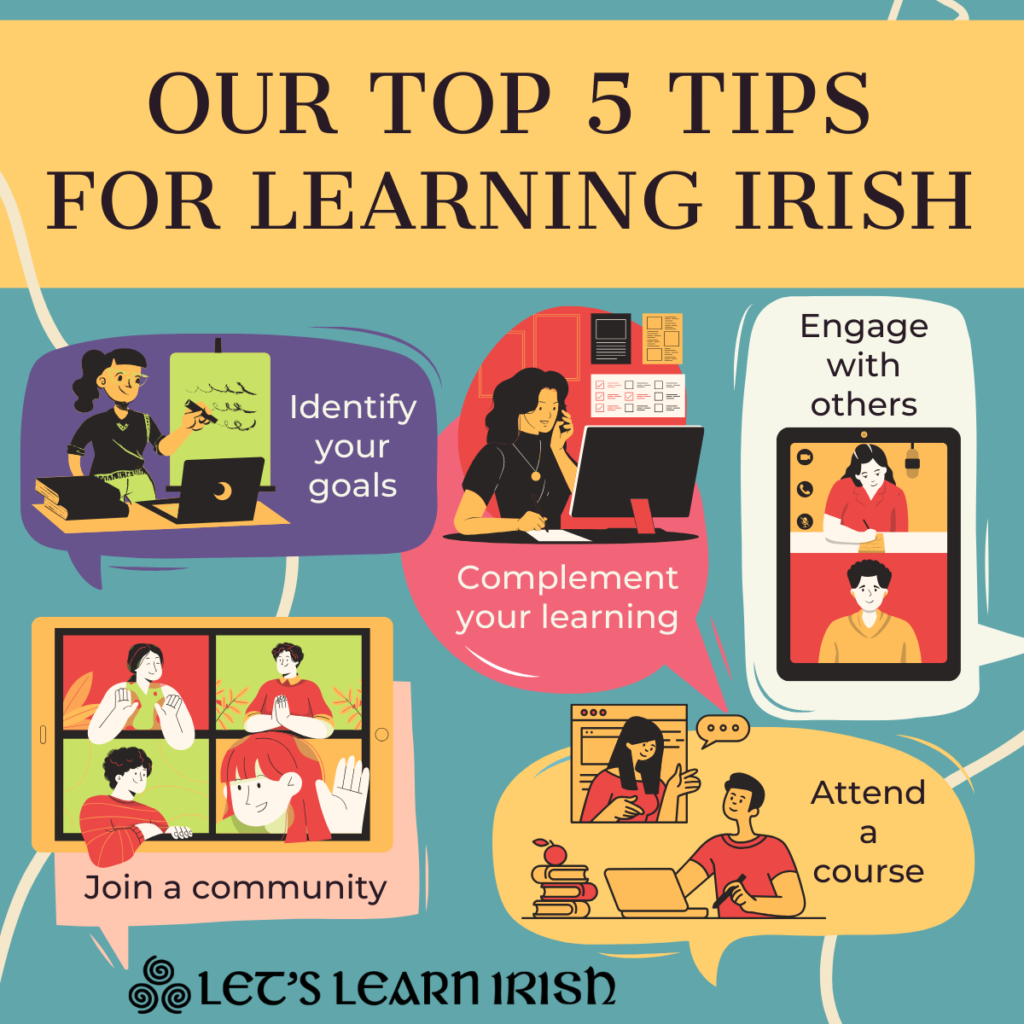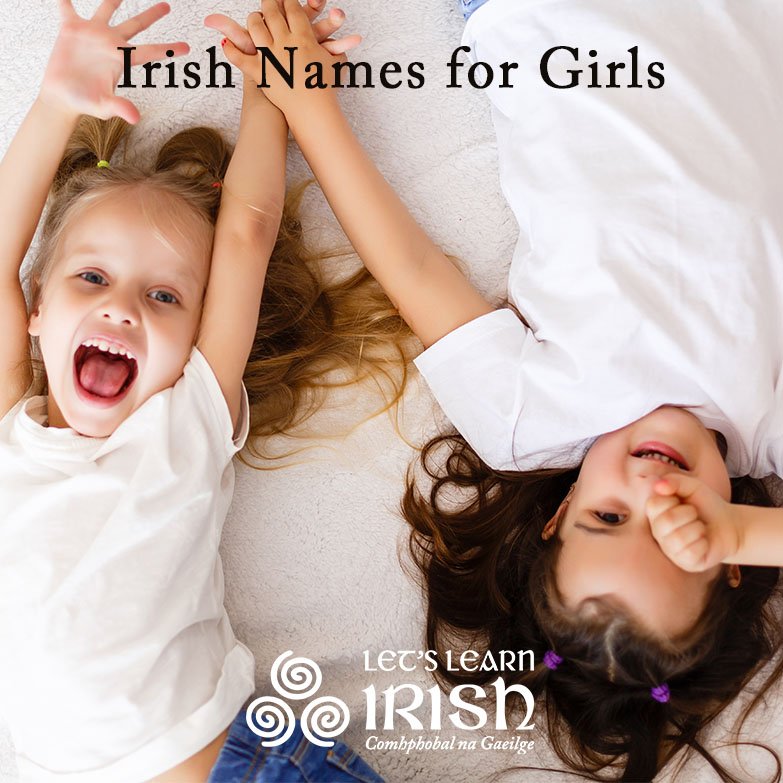Irish Sees Me. It Feels Like Home.
 “You know…I’ve always thought about learning Irish.” I remember saying this to a friend of a friend during down time at a conference I attended this summer in Indiana. She studied it, along with Irish Literature, while she was in Cork for a year. During this conversation, I also learned that she had dual citizenship and we bonded over our shared admiration and interest for Ireland.
“You know…I’ve always thought about learning Irish.” I remember saying this to a friend of a friend during down time at a conference I attended this summer in Indiana. She studied it, along with Irish Literature, while she was in Cork for a year. During this conversation, I also learned that she had dual citizenship and we bonded over our shared admiration and interest for Ireland.
“Well, it’s not really that useful outside of Ireland” she said.
That, to me, felt like a challenge. Not that she was challenging me per se, but I couldn’t fathom just learning a language for the purpose of securing a job. My motivation for learning languages was knowing that I could connect with people. I could build relationships, watch movies, and as a devout bookworm, I could read all the books in those languages.
“I don’t really care about usefulness”, I replied.
I still remember the feeling in my chest after I said this. I was excited but I also didn’t know what I was getting into. I had no idea that when I came back to New York from Indiana, I was going to look for Irish classes online. And now I am here and you are there, reading this piece after I’ve finished my first Irish course.
My first, very short, introduction to Irish was when I was studying history at university. On a whim, I decided to take a class called “A History of Ireland” that was taught by one of my favorite professors, Dr. McDevitt. I went from having pretty ambivalent feelings about a country that I had never been to, to feeling deeply connected to the history and the struggle of the Irish people as they continually faced the after-effects of colonization and imperialism. As a Black woman in America, I knew this experience firsthand and I felt it deeply through my ancestors too, because as Angela Davis says, freedom is a constant struggle. I loved the class and I was thankful to have taken it, but beyond that, I didn’t really start connecting with the language until this past summer.
I eventually decided to go back to school for my masters, and for one of my classes, I had to create a prospectus for a paper that I would be interested in writing, and so I thought back to my Irish History class. I thought about how passionate I felt while learning what I did and one of the best ways to make writing a research paper easier is to write about something that you are either deeply invested in or curious about. I knew I wanted to write about Ireland but what specifically? I had no clue.

I had no clue what to write about, that is, until I saw a tweet. A tweet by librarian and historian Liam Hogan. Here, I discovered that in 1847, the First African Baptist Church in Richmond, Virginia donated approximately $40 to help out with the Irish famine. That church had 2,000 congregants and only 150 of them were actually free.

Despite enslavement, my ancestors were able to muster the courage and strength to support others in need while in their own devastating predicament. This realization was the beginning of me descending into this Black American-Irish solidarity rabbit hole that I didn’t want to crawl out of. Eventually my research led me to reading that The Crisis editor W.E.B. DuBois once wrote that “the white slums of Dublin represent more bitter depths of human degradation than the black slums of Charleston and New Orleans, and where human oppression exists there the sympathy of all black hearts must go.” There are so many examples of this beautiful trans-Atlantic solidarity. But this is what planted the mustard seed, and that interaction with a new friend this summer helped to germinate and nurture my interest in becoming a Gaeilgeoir.
While the past seven weeks in A0 level with Lets Learn Irish have been fantastic, it has also been extremely illuminating when it came to revealing more about myself. I’ve never been this dedicated to learning a language before. As hard as I try, I cannot ever remember feeling this hungry for a language that isn’t my own. But in a sense Irish does feel like mine. Irish, strangely, feels like home.
I found myself recently admitting to a colleague that I feel like Irish sees me and I can accurately convey meaning and my feelings in this language. I’m not sure if I’ve ever felt that way with English, even with it being my first language. However, there are times when English can be limiting and to me. Irish feels limitless.
There’s a joke commonly used online when someone feels something indescribable and they ask what the German word for it is because there usually is a large German word for it. Is there a German word that perfectly describes the feeling of finally believing that you can express yourself in a language? Scratch that! Is there an Irish word for this? There may not be a hyper-specific word but I know there is a sentence and I am thrilled that I’ll be able to continue my learning journey to find out how to say it.
In the end, Irish has been useful outside of Ireland. It equipped me with the language to find and express myself.
Join the online Irish community for cúrsaí, comhrá & ceardlanna, and follow along on social media @LetsLearnIrish – beidh fáilte romhat!






I love this so much, Guinevere. I was unaware of the contribution of the First African Baptist Church during the Gorta Mor until I read this. Thank you.
PS. Who’s going to pick this up and write their dissertation on “Response of Marginalized Communities to the Gorta Mór”?
Go hiontach! Amazing story and very inspiring! I love the examples of solidarity among marginalized communities! Go raibh maith agat!
Go raibh maith agat, Guinevere, for sharing your story! It is so powerful to hear that you feel “seen” by the Irish language. Just as I’m sure the Irish felt seen by your ancestors through their solidarity. Really loved the connections you made here.